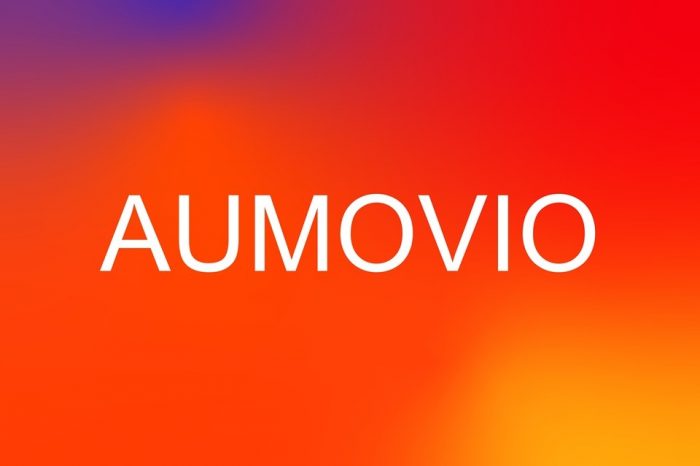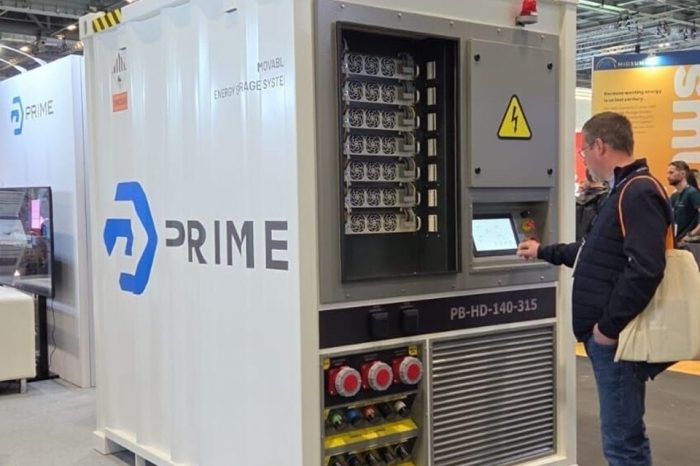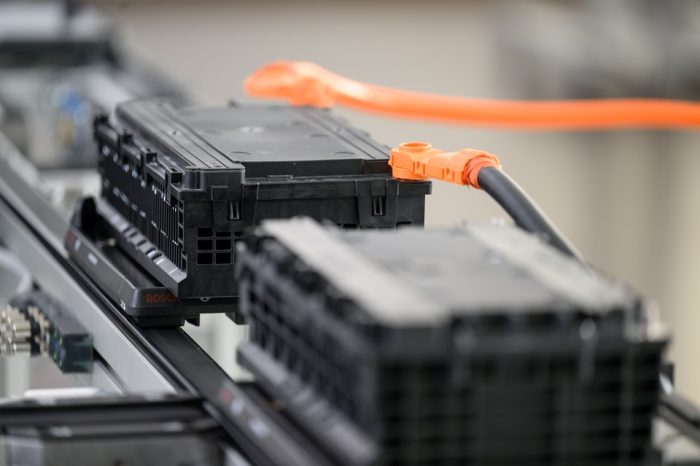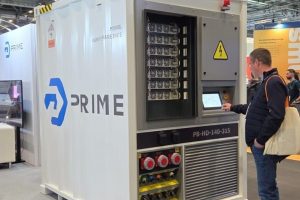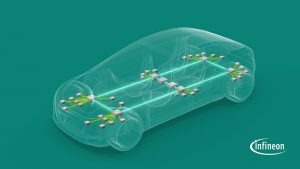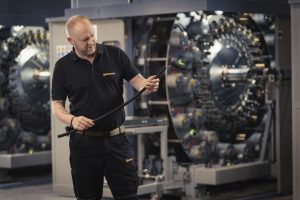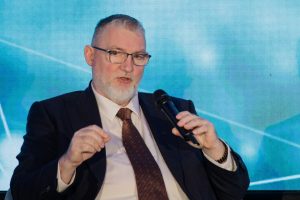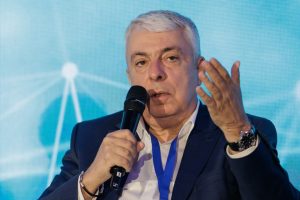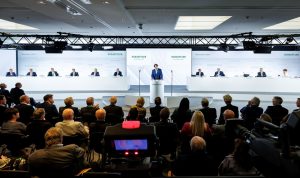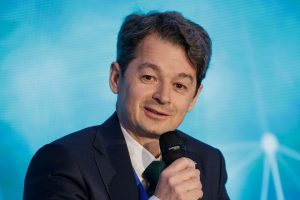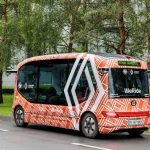Renault Group to launch autonomous vehicle for public transportation
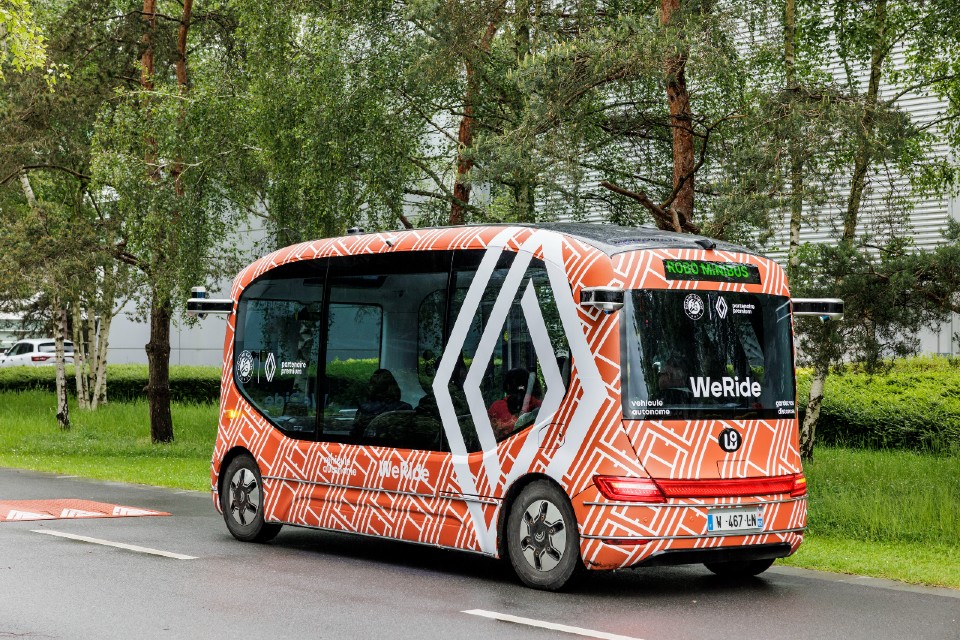
Renault Group is developing an electric, robotised, and pre-equipped miniBus platform that will host various automation solutions from specialist partners. Experimentations have been underway for several years, and others are about to be announced, in particular with WeRide, the world expert in autonomous vehicles, with a first demonstration of public transport in real conditions in a few days’ time during the Roland-Garros 2024 tennis tournament.
There is an international consensus around 6 levels on “automated and autonomous driving”, ranging from level L0 without any driving assistance, to level L5, the ultimate level in which the vehicle would be fully autonomous, in all situations and without any on-board operator.
In the case of individual vehicles, Renault Group is concentrating its efforts on the L2 or even L2+ level, with several driving assistances that are at the top level of the market and make its vehicles safe and pleasant to drive with confidence, such as contextual cruise control or lane keeping assist, or soon the automatic overtaking function. Although assisted, the driver remains responsible for driving.
There is a significant technological complexity gap between level L2 automation and level L3 autonomy, because the vehicle must be able to operate safely in complex environments with limited driver supervision. At this stage, the induced cost to be borne by customers, in relation to the driving benefits, would make demand insufficient or even anecdotal.
In Europe, more than 400 major cities will gradually become low emission zones, while still having to ensure the mobility of their populations.
Convinced of the benefits of autonomous public transportation, Renault Group has been conducting trials for several years to define the best response to the needs of local authorities, such as the “Mach 2 project” announced in 2023, which from 2026 will see a fleet of automated electric minibuses integrated into the public transportation network of Chateauroux Metropole (France).
Ultimately, these trials will lead Renault Group to offer a robotised electric miniBus platform based on the New Renault Master, able to integrate automation solutions from specialist partners such as EasyMile, Milla and WeRide.
More flexible, autonomous miniBuses will be able to operate 24/7 in complete safety and will be a zero-emission alternative or an efficient complement to existing solutions (train, tram, bus) in terms of costs and CO2/km/passenger. The additional costs of robotisation and automation could be offset by the absence of on-board operators. A simple remote supervision system will be required to operate a fleet of vehicles.
Today, Renault Group is initiating a new collaboration with WeRide, a world-renowned expert in autonomous driving, for the large-scale commercial deployment of vehicles with an L4 level of autonomy, i.e. capable of managing driving situations on their own, within an operational defined domain, with remote supervision, but without an on-board operator.
“Renault Group is moving forward to implement its autonomous vehicle strategy. As a result, thanks to our experiments and our partners, the best in their fields, we will be in a position, well before the end of this decade, to propose a highly relevant range of autonomous, low-carbon miniBuses to meet the growing needs of the regions,” said Gilles Le Borgne, CTO Renault Group.
As a premium partner of the Roland Garros tournament, Renault is innovating with WeRide by setting up a trial of electric and autonomous shuttles that will facilitate access to the Roland-Garros stadium while demonstrating the maturity of new technologies for automated public transport services.


